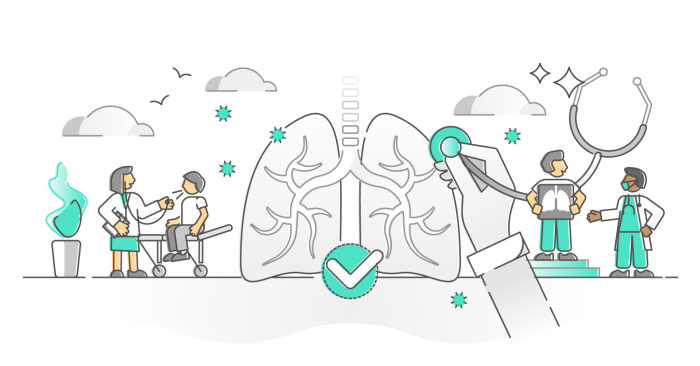Aspiration pneumonia is believed to account for over 70% of deaths in patients with cerebral palsy. The consequences of pulmonary aspiration include bronchospasm, atelectasis, pulmonary edema and bronchiectasis. Patients with this chronic condition may be in and out of the hospital for chronic pneumonia and may seem to be constantly battling pulmonary infection. Treating the systemic cause of their pulmonary aspiration can significantly decrease their infections. But how do you know if your patient has aspiration or infectious pneumonia? The following guide may help you decide if a referral to an aerodigestive specialist is needed:
| Infectious Pneumonia | Aspiration Pneumonia |
|---|---|
| Often with viral prodrome | Frequently without viral prodrome |
| Progression over a few days | Rapid onset; sudden to a few hours |
| Fever at onset of symptoms | Fever after a few days of symptoms |
| Progressive decrease in oxygen saturation | Rapid decrease in oxygen saturation |
Sudden events that occur with eating and drinking are strong indicators of aspiration; other cases can be hard to distinguish. Gillette’s team of aerodigestive specialists can support your diagnosis with a thorough evaluation done by a multidisciplinary team of complex care pediatricians, GI and ENT specialists, rehabilitation therapists, and, when necessary, sleep medicine providers. The team is dedicated to working with clinical partners on complex medical conditions like aspiration. To consult with a Gillette specialist or refer a patient, call us at 651-325-2200.
Join Our Partners in Care Community!
Subscribe to Partners in Care Journal, a newsletter for medical professionals.
Subscribe Today Home Page
Home Page

